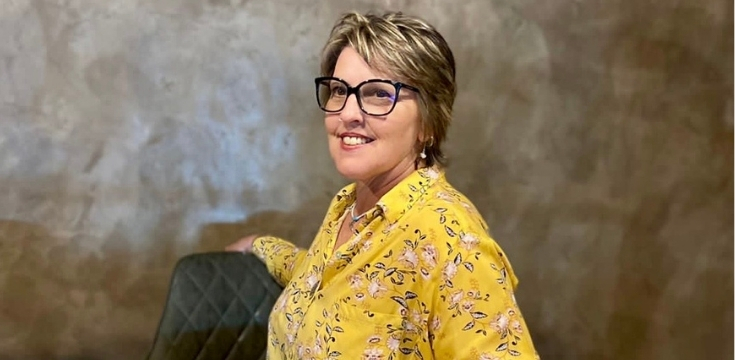As the year winds down, South Africa’s business leaders are gearing up for the traditional year-end rituals: performance reviews, budget wrap-ups, and strategy sessions. The spreadsheets are ready, and the targets are being tallied. But here’s the question I believe we should be asking, not just as entrepreneurs, but as human beings:
The business grew. Did you?
In my work with founders, executives, and changemakers across South Africa, I’ve seen a recurring pattern: we move straight from the intensity of closing out the year into goal-setting for the next. Driven by urgency (or quiet disappointment), we rush to plan, resolve, and forecast. But in doing so, we often skip the most important review of all: the personal one.
A personal audit isn’t about what’s next. It’s about what’s true. It’s a moment to pause and ask: What did I learn? What did I lose? What did I gain? And who did I become in the process?
Without this reflection, there is a real risk that next year’s strategy will be built on noise, fatigue, and fear, rather than clarity, alignment, and intention. And in a South African context, where leadership is often tested by volatility, complexity, and deep social responsibility, that kind of misalignment can be costly.
The myth of momentum
We’ve been conditioned to equate movement with progress. But real growth doesn’t come from setting more goals; it comes from understanding ourselves well enough to set the right ones. When leaders skip personal reflection, they carry the same patterns of exhaustion and disconnection into another year.
They mistake performance for purpose, and they miss the opportunity to recalibrate not just their business, but their leadership. This isn’t just philosophical. It’s economic. Untreated mental health issues cost the South African economy an estimated R161 billion annually, largely due to lost productivity, absenteeism, and burnout.
And in a recent survey, 56% of South African employees reported being diagnosed with anxiety, depression, or burnout, with 62% blaming their immediate managers. What this tells us is that well-being isn’t a soft issue; it’s a strategic one. And leaders should be driving the agenda.
Strategy starts with self
A personal audit strengthens business frameworks in ways most leaders underestimate. It reconnects you with your energy, mindset, and values; the real levers behind performance. It sharpens clarity, deepens presence, and ensures decisions are made from a place of grounded awareness, not reactive urgency.
In short, it makes you a better leader.
And in South Africa, where SMEs make up 91% of formal businesses, contribute 60% of employment, and 34% of GDP, the well-being of founders and leaders is directly tied to national resilience. Yet 70–80% of SMEs fail within the first five years, often due to leadership misalignment, burnout, and lack of strategic clarity.
With 70% of leaders who are thriving still reporting wellbeing challenges, it is clear we need leaders who are smart, but also self-aware. Leaders who understand that their personal growth is not separate from their business success, but rather the foundation of it.
Your personal strategy is your compass
I often speak about the idea of a “personal strategy.” It’s not a once-off plan. It’s a living roadmap; a way of navigating life and leadership with intention that asks: “How do I want to live and lead? Not just what do I want to achieve?”
It’s built on values, boundaries, and behaviours that guide your decisions. It evolves as you do. And it keeps you aligned when life gets noisy, which, let’s be honest, it often does. When leaders build personal strategy into their business rhythms, it stops feeling indulgent and starts feeling essential. Because they realise: they are not the business, they are one person within it. An important one, yes, but still part of a larger ecosystem.
That shift from control to collaboration is what allows businesses to grow beyond their founders. It’s what turns start-ups into sustainable enterprises. And it’s what creates cultures of trust, resilience, and innovation.
A call to South African leaders
As we close out the year, I invite you to do something radical: audit yourself. Ask not just what your business achieved, but who you became while building it. Reflect on your energy, your values, and your leadership. And if you’re too close to your own story, as most of us are, find someone who can guide you through it. Because as much as we need businesses that grow, we also need leaders who evolve.




